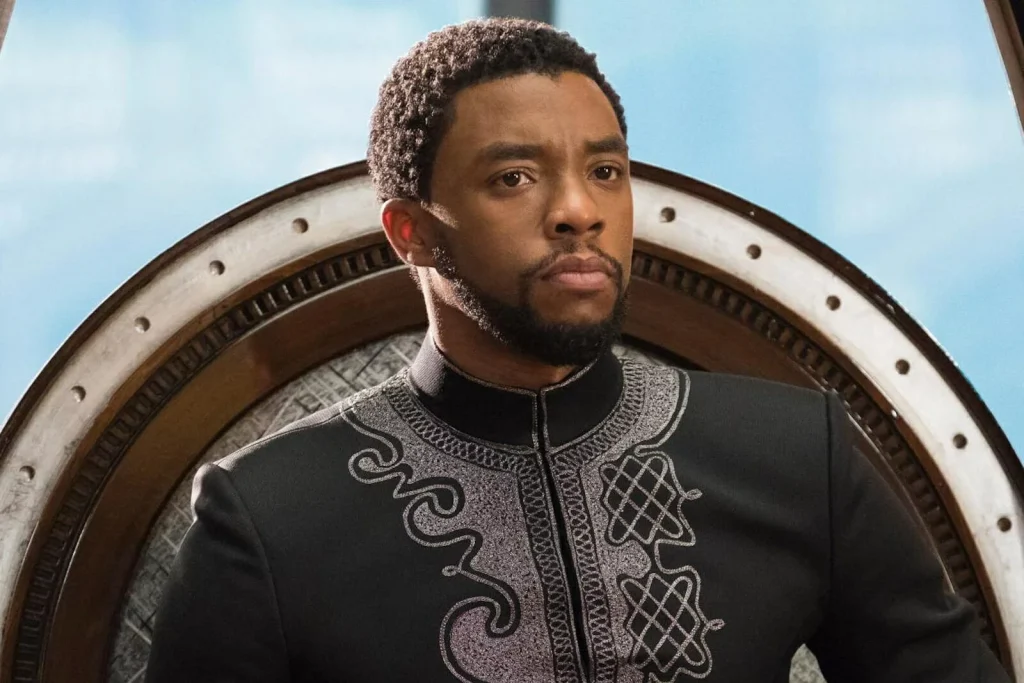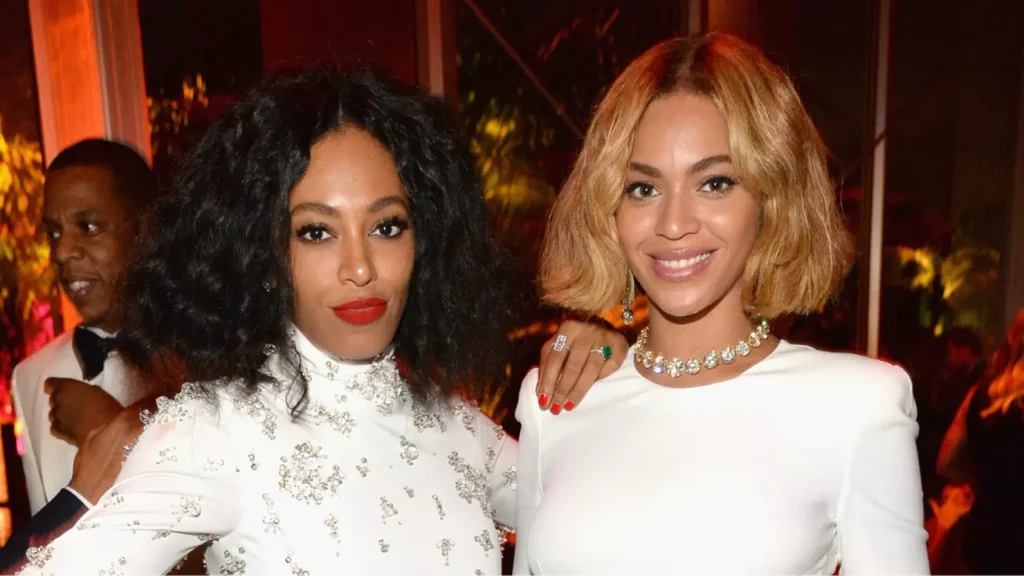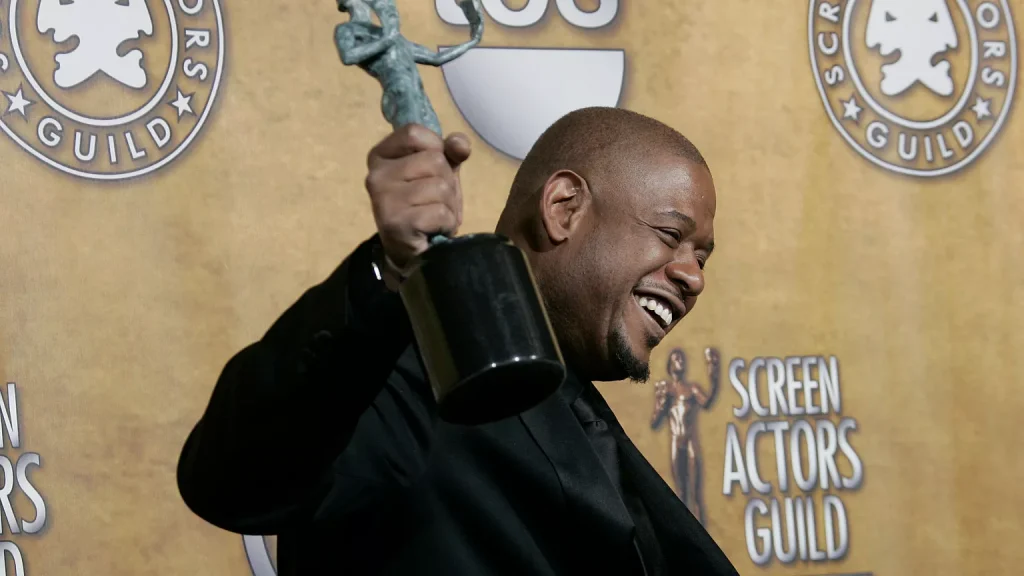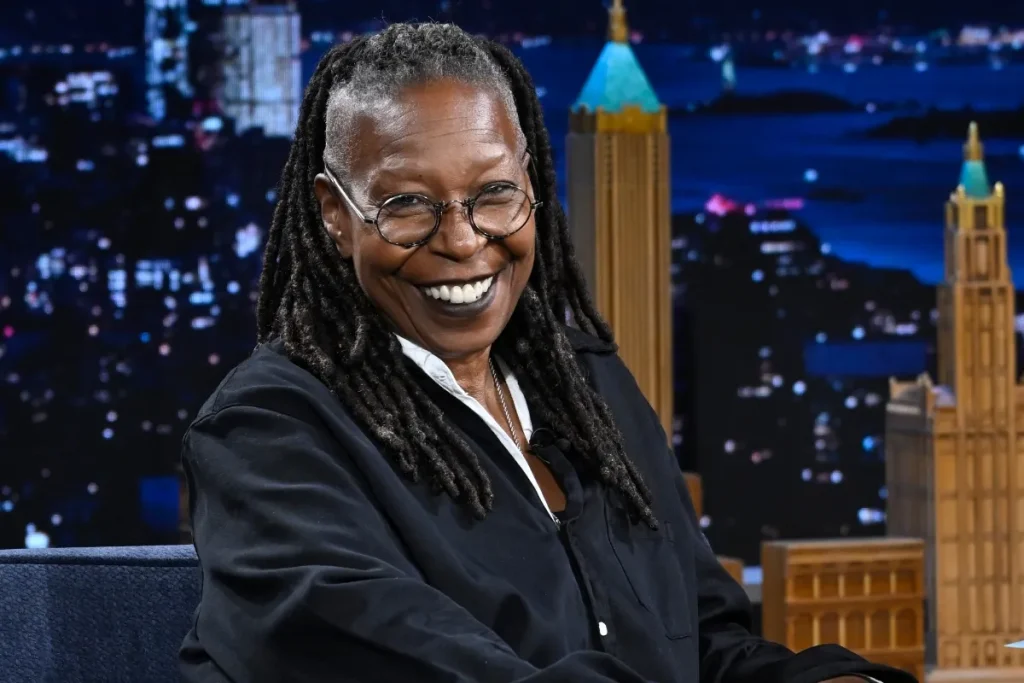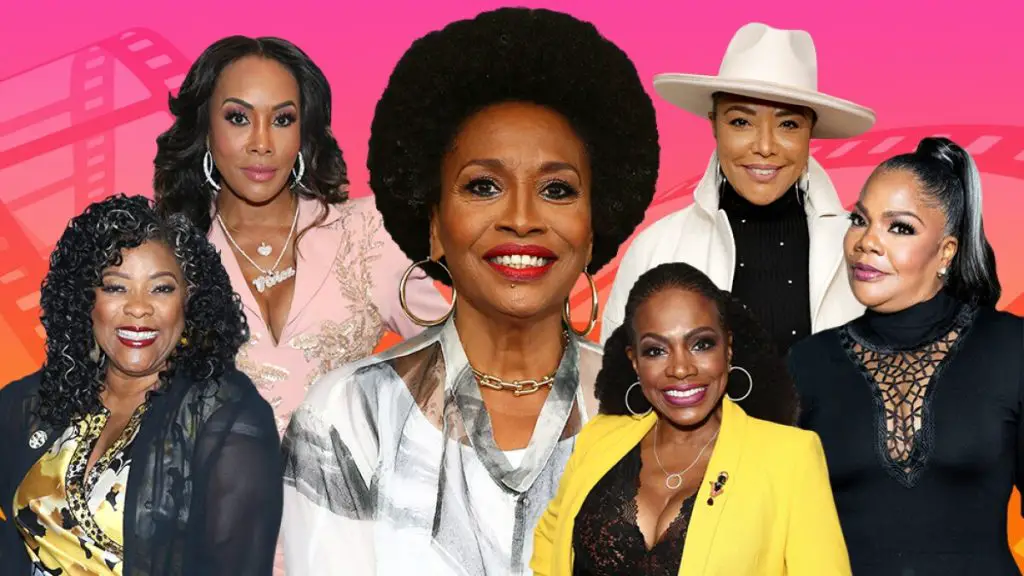The Real Royal Family: Exploring Black Hollywood’s Ancestry
When we think of royalty, our minds often drift to gilded European monarchies or ancient empires in Africa and Asia. But in today’s world, there exists another kind of royalty—one built not on lineage alone, but on legacy, influence, and cultural impact. Enter Black Hollywood. These icons of the screen are more than just entertainers; many of them come from lineages as rich and regal as their on-screen personas. In fact, a deep dive into the ancestry of some of Black Hollywood’s brightest stars reveals a tapestry of resilience, brilliance, and quiet nobility. This is the story of The Real Royal Family.
A Legacy of Survival and Triumph
Much of the African American experience in the United States is rooted in slavery, segregation, and systemic oppression. Yet, from those harsh beginnings emerged generations who transformed their narrative—turning struggle into strength and pain into power. The ancestry of Black Hollywood reflects that journey. Through genealogical studies, DNA tests, and ancestral records, some of today’s most celebrated Black stars have discovered extraordinary roots that span continents, cultures, and eras.
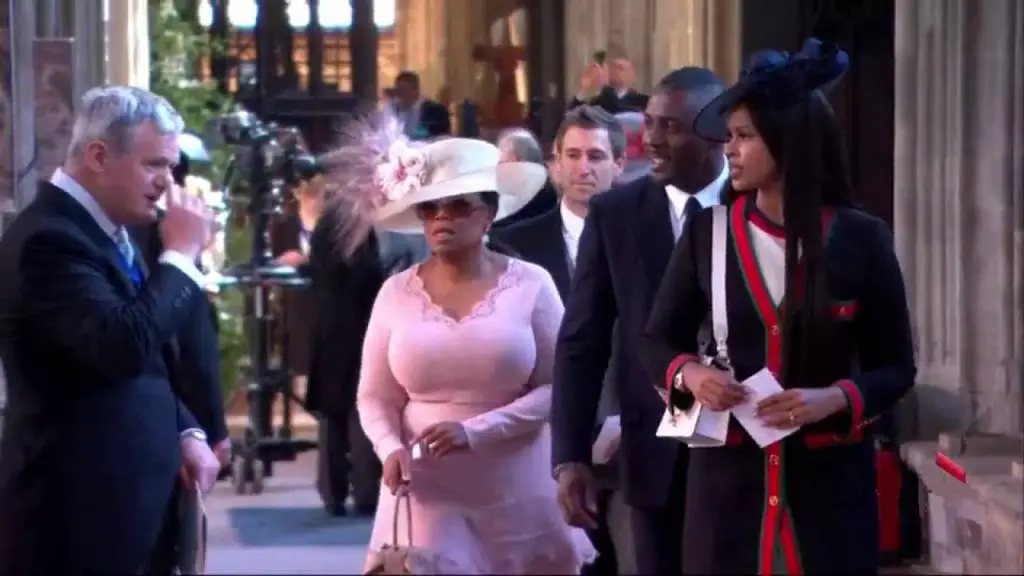
Oprah Winfrey: From Mississippi to African Royalty
Oprah Winfrey, one of the most powerful women in media, has traced her ancestry to the Kpelle people of Liberia through DNA testing. Known for their rich oral traditions and social structures, the Kpelle are part of the Mande ethnic group, which produced leaders, warriors, and scholars for centuries. Oprah’s rise from poverty in rural Mississippi to billionaire status mirrors the enduring strength of her ancestral lineage. Her life and work reflect not just personal success but cultural restoration—using her platform to elevate Black voices and histories that were once silenced.
Chadwick Boseman: The King with Warrior Blood
Before his untimely death in 2020, Chadwick Boseman left an indelible mark on global cinema—most notably as King T’Challa in Black Panther. But the role of a king was more than just a costume. Boseman’s DNA results revealed a strong link to the Limba people of Sierra Leone, one of the country’s oldest ethnic groups. Known for their resilience, especially during the transatlantic slave trade, the Limba have a history of warriors, priests, and kings. It’s no wonder Boseman carried himself with such dignity—he was channeling the strength of generations.
Beyoncé and Solange: Descendants of Creole Aristocracy
The Knowles sisters—Beyoncé and Solange—are two of the most influential women in music and culture today. Their roots stretch deep into Louisiana Creole heritage, with ancestral ties to free people of color who thrived even during periods of severe racial oppression. Some of their ancestors were landowners and educators during the Reconstruction era, breaking barriers at a time when Black Americans had little freedom. Their mother, Tina Knowles, has often spoken about their French, African, and Native American lineage, which contributes to their unique identity and activism. Beyoncé’s musical homage to Blackness, especially in Lemonade and Black Is King, becomes even more powerful when you consider her ancestral lineage.
Forest Whitaker: Royal Lineage in Nigeria
Academy Award-winning actor Forest Whitaker learned through DNA analysis that his roots trace back to the Igbo people of Nigeria—an ethnic group known for their sophistication, governance systems, and entrepreneurial spirit. The Igbos played a crucial role in the pre-colonial and colonial histories of West Africa. With such powerful ancestral ties, it’s no surprise that Whitaker’s roles often center around leadership, integrity, and deep emotional intelligence. His humanitarian work and commitment to peacebuilding echo the values of his ancestral homeland.
Whoopi Goldberg: Rediscovering Her African Roots
Whoopi Goldberg, known for her unfiltered wit and boundary-pushing career, embarked on a journey of self-discovery through genealogical research. She found links to the Papel and Bayote people of Guinea-Bissau in West Africa. These ethnic groups were deeply affected by the transatlantic slave trade, yet their traditions and stories have endured. Goldberg has spoken openly about the power of knowing where you come from—stating that her identity became more grounded after reconnecting with her African roots.
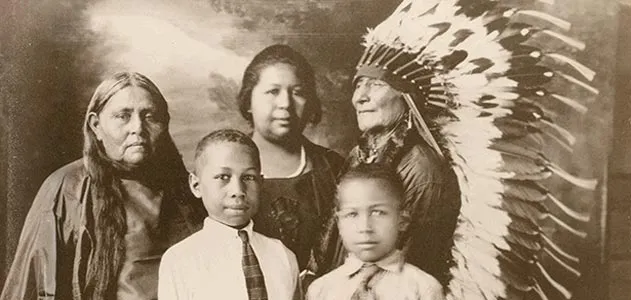
The Importance of Ancestral Identity in Black Hollywood
For many Black Americans, centuries of displacement and forced erasure make it difficult to trace family histories beyond a few generations. That’s what makes the genealogical journeys of Black celebrities so profound. By using their platforms to explore and share their ancestry, these stars are helping millions of people reconnect with their own histories. They are modern-day griots—keepers and tellers of stories that might otherwise be lost.
This exploration also reshapes the concept of royalty. In traditional terms, royalty is inherited through bloodlines and crowns. But in the context of Black Hollywood, royalty is earned through talent, resilience, and the reclamation of cultural heritage. Each performance, award, and public speech becomes an act of ancestral homage.
Royalty Beyond the Screen
These celebrities aren’t just uncovering noble bloodlines—they are redefining what it means to be royal. They uplift communities, mentor the next generation, invest in Black-owned businesses, and use their fame to advocate for justice and equity. Their regality isn’t confined to red carpets—it’s seen in their philanthropy, their activism, and their relentless pursuit of excellence.
The lineage of someone like Ava DuVernay, who turned her film production company into a haven for underrepresented voices, may not yet be fully mapped out in genealogical terms. But her legacy is already regal. Likewise, the family of Denzel Washington—who hails from a lineage of ministers and educators—speaks to a tradition of leadership and service that runs deep.
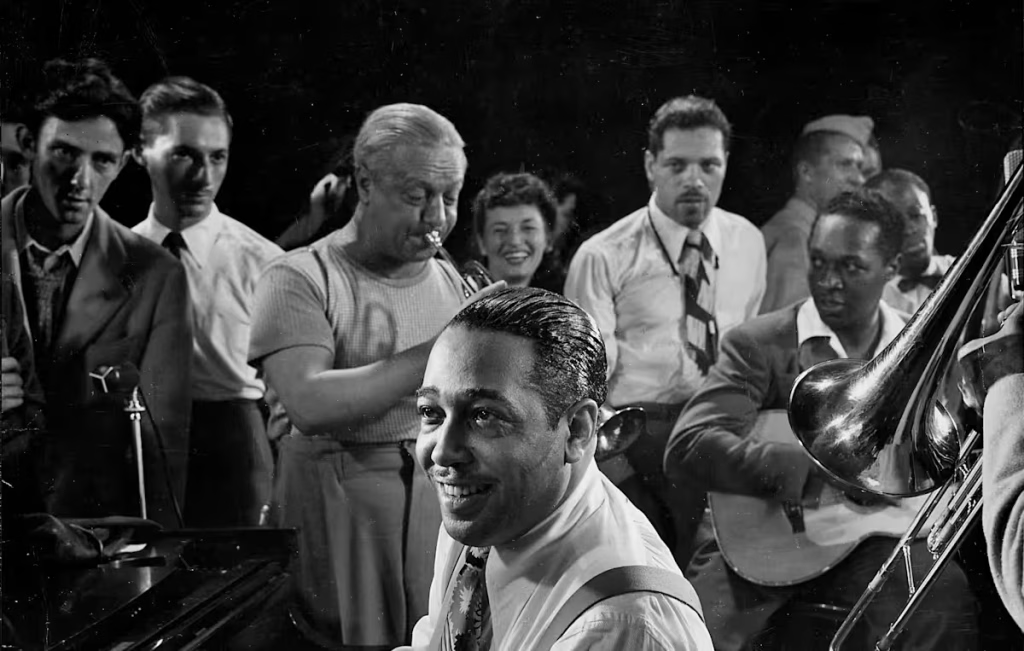
A Cultural Renaissance
This renewed interest in ancestry isn’t just personal—it’s part of a broader cultural renaissance. With projects like Henry Louis Gates Jr.’s Finding Your Roots and the popularity of ancestry testing, African Americans are reclaiming lost identities. For Black Hollywood, this is more than a trend. It’s a movement. A collective decision to embrace the past in order to build a more empowered future.
Conclusion: Bloodlines and Brilliance
Black Hollywood is often praised for its glamour, talent, and influence. But beneath the spotlight lies a deeper story—a connection to ancient tribes, African kingdoms, and American pioneers. These celebrities are the descendants of survivors, visionaries, and unsung heroes. In embracing their heritage, they remind the world that royalty isn’t always born in a palace—it’s sometimes forged in the fires of struggle and crowned by legacy.
So, the next time you watch a Black star take the stage or command the screen, remember this: You may be witnessing more than just a performance. You might be witnessing the continuation of a royal legacy—one built not just on who they are, but on where they come from.


